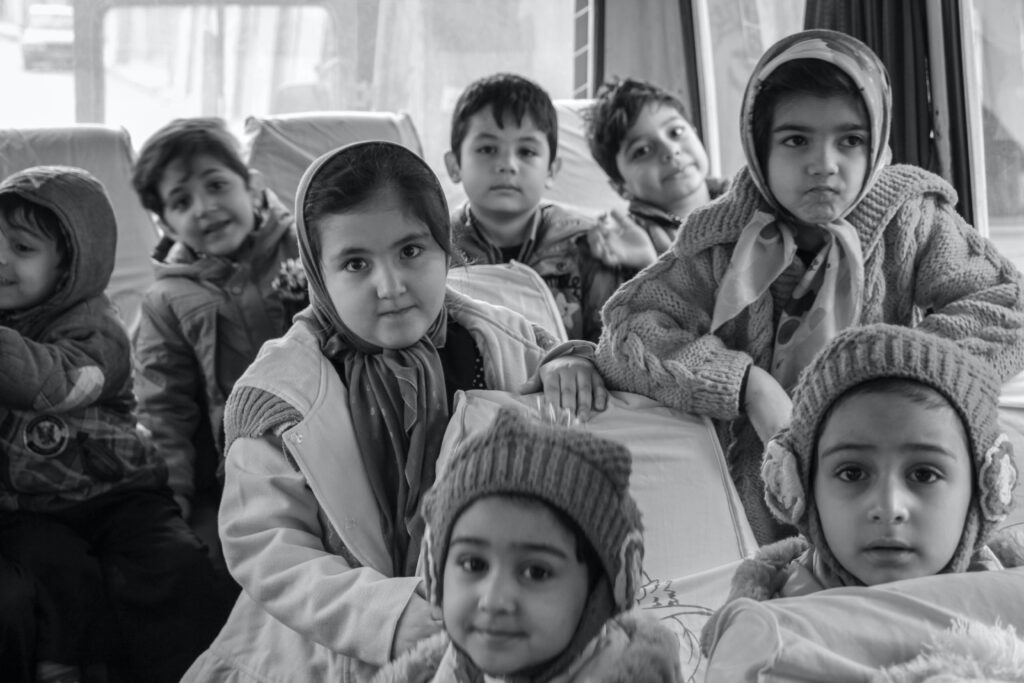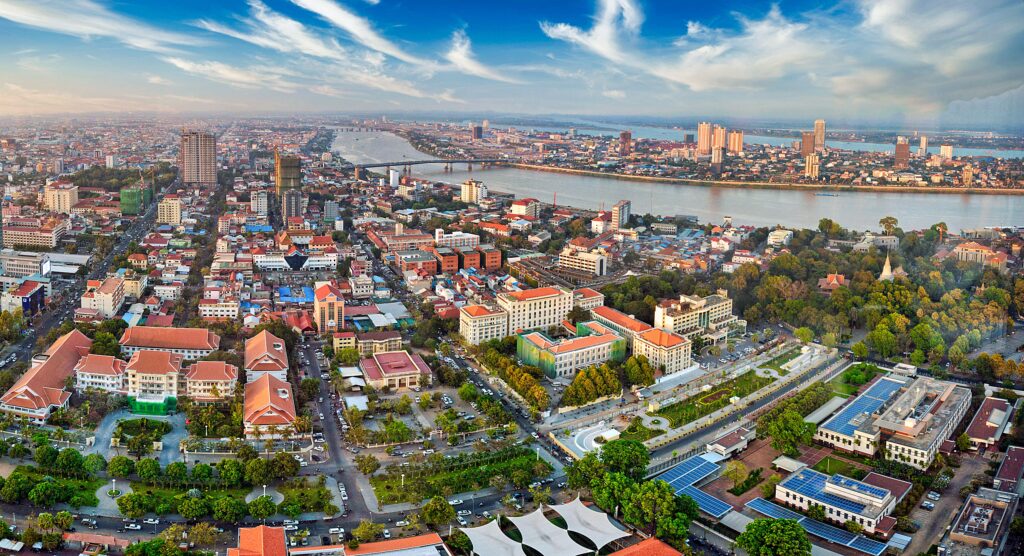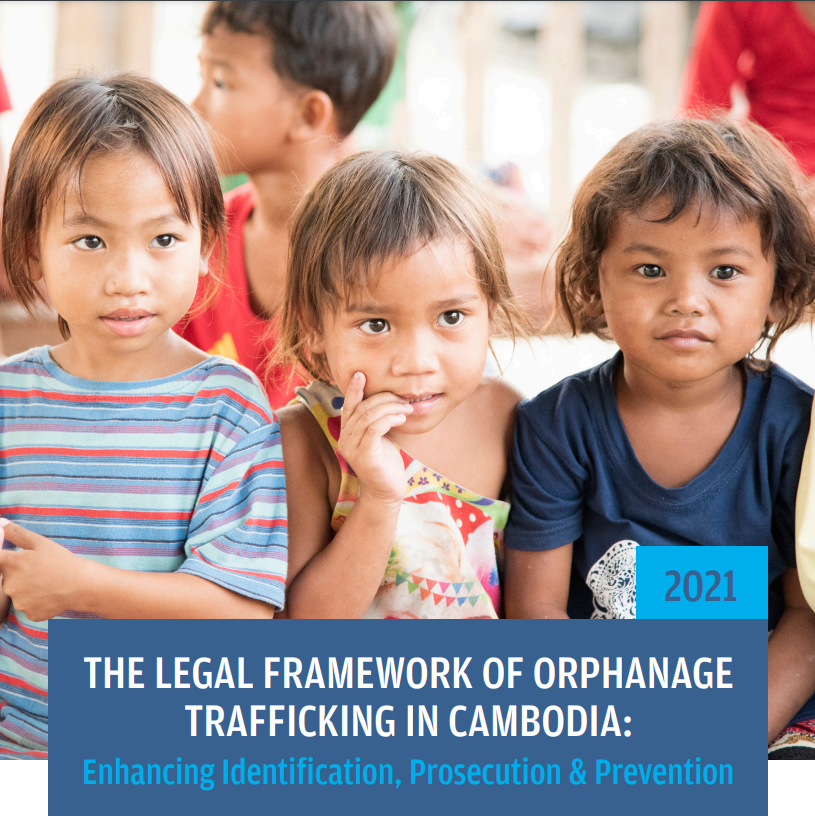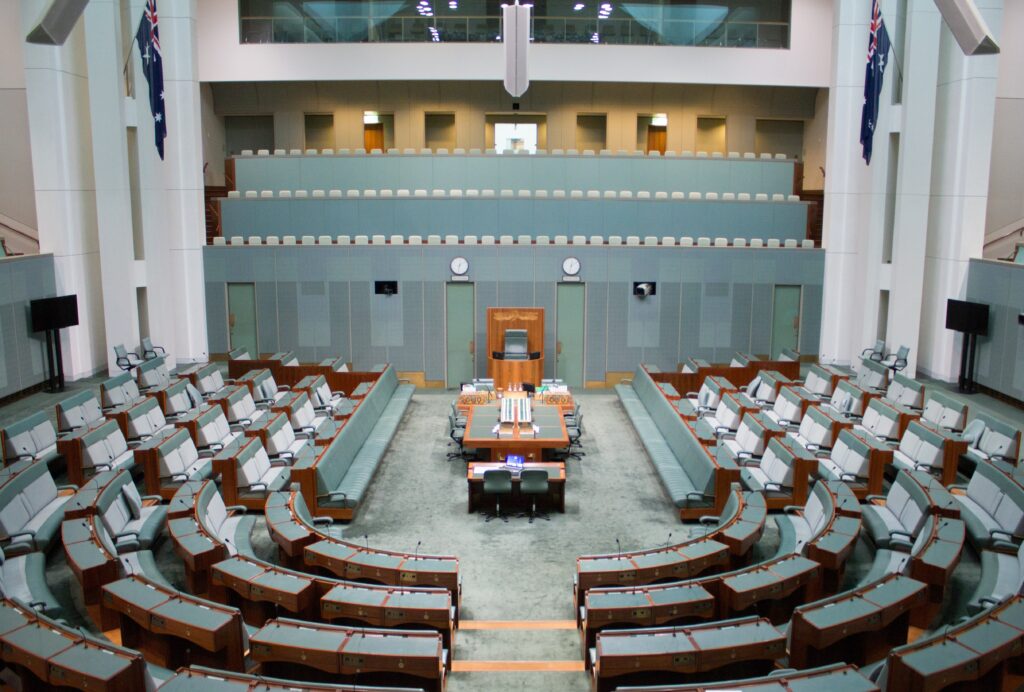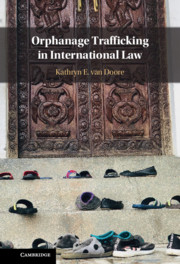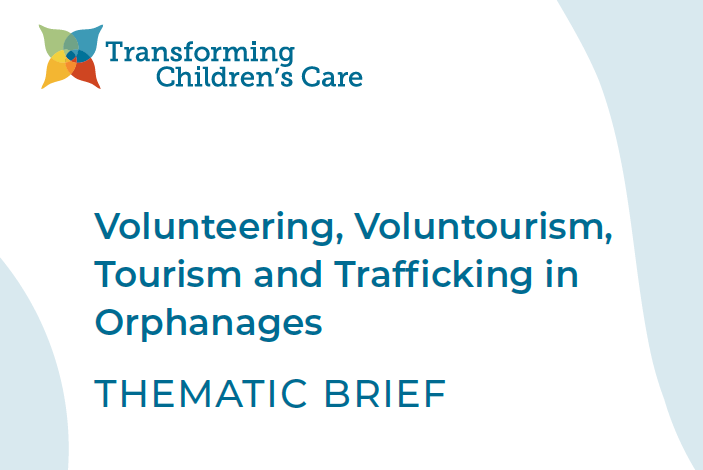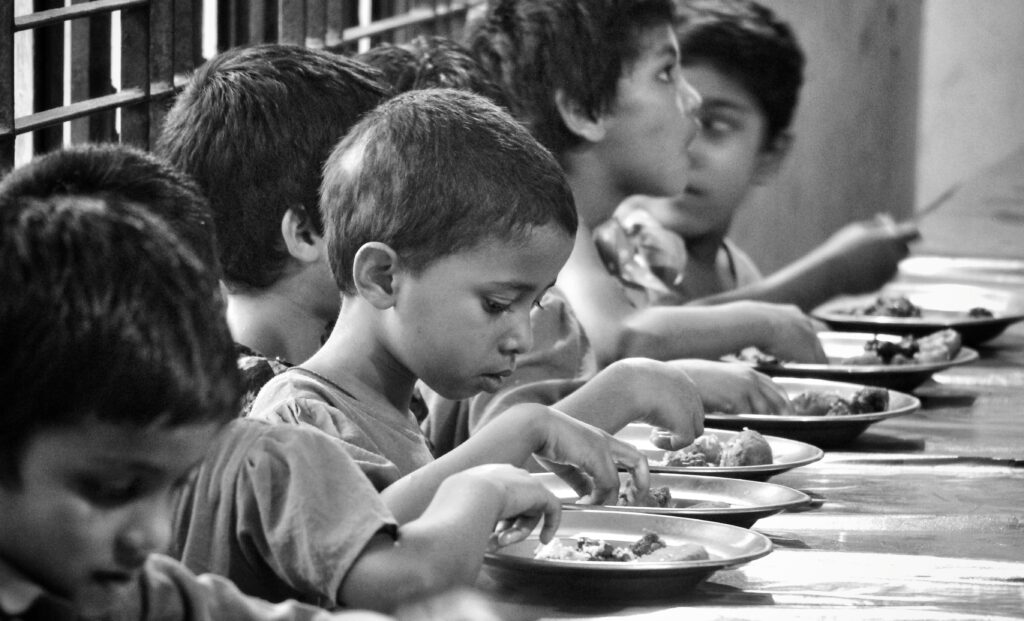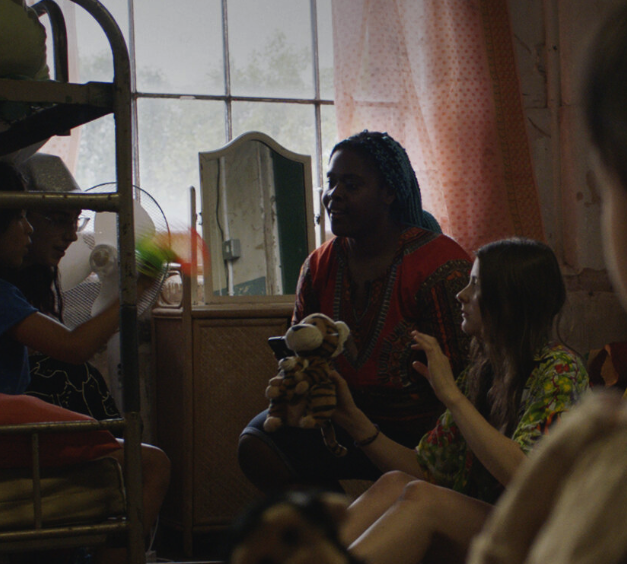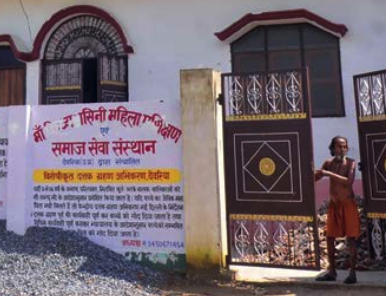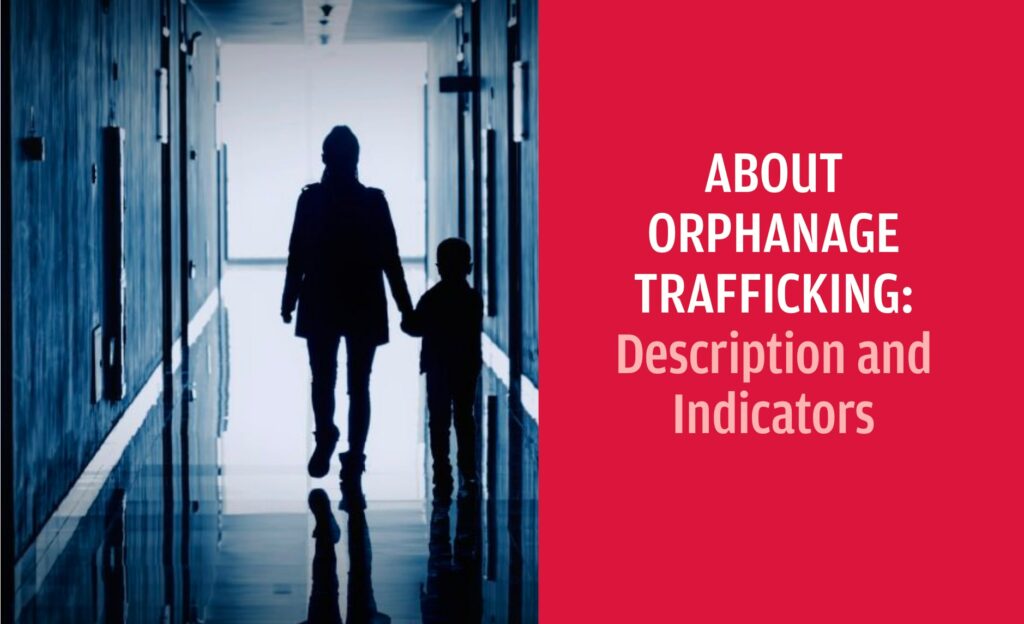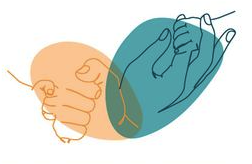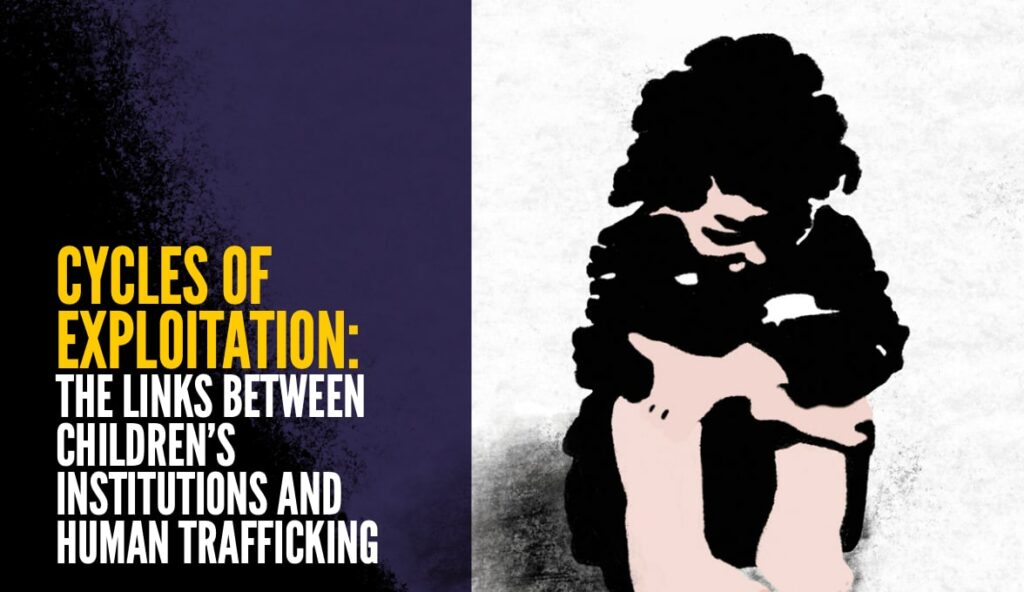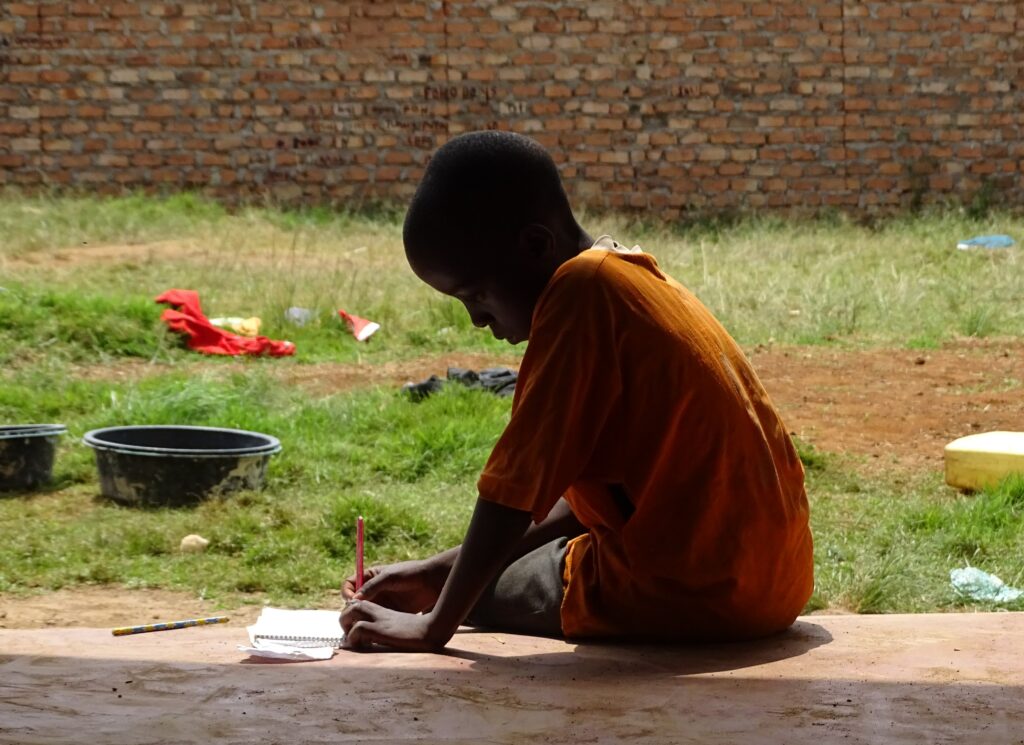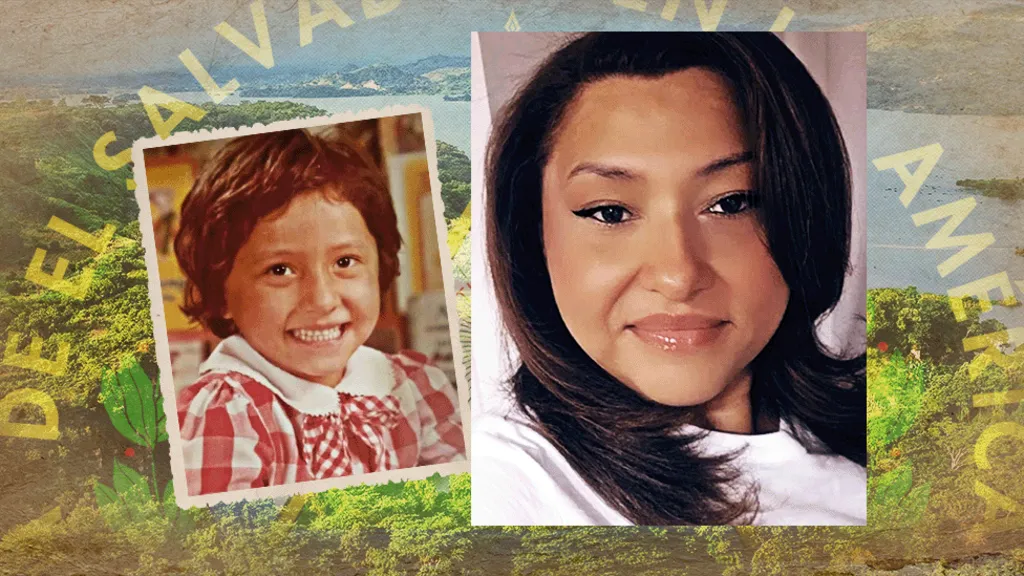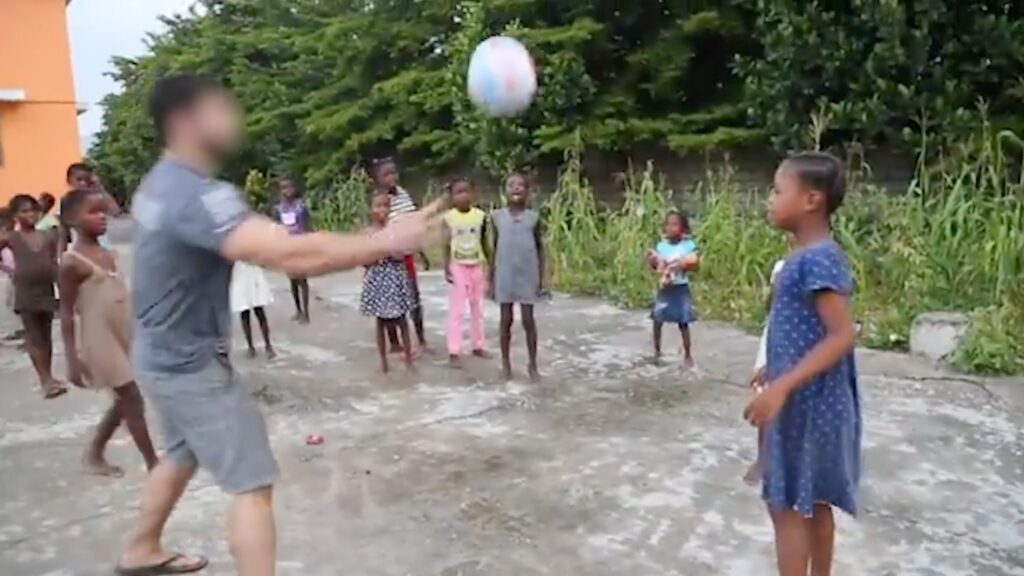Orphanage Trafficking Summary
Human trafficking is a global problem, and children are uniquely vulnerable. Almost one third of all trafficking victims worldwide are children. Human trafficking in orphanages, or “orphanage trafficking,” is defined as the recruitment or transfer of children from their families into orphanages for a purpose of exploitation or profit. The trafficking of children into orphanages encompasses those who receive, transport and harbor these children. Traffickers may be orphanage directors or staff, recruiters who search for children (sometimes called “child finders”), community leaders or members, or civil servants seeking to personally profit from referring children into care.
It has strong links to foreign aid sourced largely from Western donor countries, illicit international adoption rings, and “voluntourism” schemes that cater to tourists seeking international volunteer opportunities. The cycle of trauma is perpetuated when voluntourists form connections with the children only to depart, reinforcing the belief that those who care will eventually leave. To meet revenue goals or to meet the demand generated by tourists seeking to volunteer with “orphans,” large numbers of children are recruited into orphanages where they are exploited. Of the estimated 8 million children living in orphanages around the world, it is unknown what proportion have been trafficked. However, concerns have been widely expressed about the prevalence of unregistered and unlawfully operating orphanages that continue to admit children.
Orphanage traffickers target children who are uniquely susceptible to trafficking due to poverty, lack of access to education or other services, or other family crises. False promises of support, good education and other opportunities are often made to families during recruitment to entice them to relinquish their children. Unbeknownst to most volunteers and donors, up to 80% of the children in these orphanages have at least one living parent and other living kin. They are often called “paper orphans” due to falsification of documents vouching for parental death or abandonment. Once living in a residential care setting, traffickers continually employ false orphan narratives to elicit sympathy and international funding.
Additionally, orphanage trafficking has become a more prominent topic due to the trafficking of children from Ukraine to Russia. A February 2023 Conflict Observatory report found that approximately 6,000 Ukrainian children have been taken by the Russian Government for pro-Russia re-education and, in some cases, military training. Some children were recruited into a network of 43 recreational camps for “ostensible vacations”. Others were taken to orphanages or institutional facilities for children in Russian linked to the Russian foster and adoption systems. In both cases, parental consent for their children’s engagement was reportedly extracted under duress and routinely violated. This is why in March of 2023 the International Criminal Court (ICC) issued a war crimes arrest warrant for Putin for the deportation of Ukrainian children.
Orphanage trafficking is a particularly heinous crime that exploits the most vulnerable of our society. The United Nations Sustainable Development Goal (SDG) Target 8.7 calls for “immediate and effective measures to eradicate forced labour, end modern slavery and human trafficking and secure the prohibition and elimination of of human trafficking.” To enhance efforts to meet this goal, we believe SDG 8.7 should be expanded to include explicit recognition of trafficking of children into orphanages and other residential care facilities, a hidden yet growing epidemic within our modern world. The stripping of basic human rights from these children is an injustice that can be combated in part by stopping the demand for international voluntourism and curtailing foreign funding of residential care facilities, particularly those operating in contravention of law and policy.

